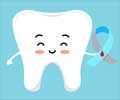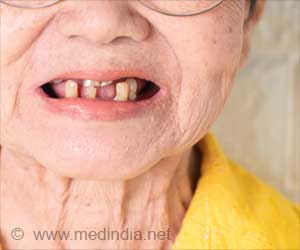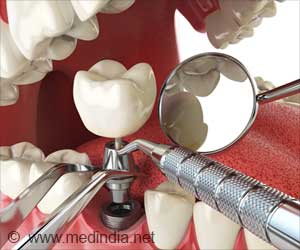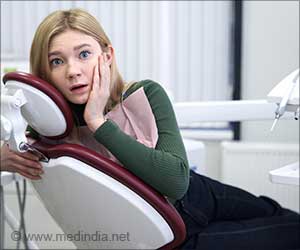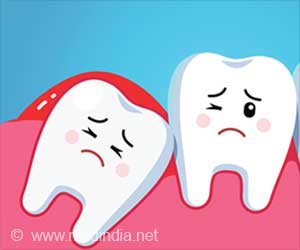Behavioral and social sciences are uniquely positioned to help advance racial, cultural, and other equity in oral health.

‘Behavioral and social sciences must be integrated into the education, training, and mentoring of all oral health clinicians and researchers.’





In 2020, the IADR Behavioral, Epidemiologic, and Health Services Research Scientific Group sponsored the Behavioral and Social Oral Health Sciences Summit, a three-day virtual meeting of over 400 oral health stakeholders, researchers, and clinicians with expertise in the behavioral and social sciences.The first-ever international meeting of its kind, the Summit served as a launch-point for promoting oral health globally by advancing the robust application of behavioral and social sciences and building consensus among health scientists and clinicians about essential foci and critical next steps.
It included the incorporation of global feedback, the Consensus Statement identifies important areas of focus, including establishing behavioral and social theories and mechanisms related to oral health.
The use of multiple and novel research methodologies, development and testing of new interventions using emerging technologies, and the application of dissemination and implementation science for oral and craniofacial health. This Consensus Statement has been endorsed by the IADR and AADOCR and over 40 other organizations, and more than 300 individuals internationally.
“Optimizing oral health and healthcare globally requires active engagement with the behavioral and social sciences. Working together across regional and national boundaries over the globe, we can more fully realize the potential of behavioral and social sciences regarding their essential role in oral health”, said Dr. Daniel W. McNeil, one of two co-organizers of the Summit and a co-first author of the Consensus Statement article.
Advertisement
Having reached consensus, action is now needed to advance and further integrate and translate behavioral and social sciences into oral health research, education, and practice.
Advertisement
Source-Medindia


